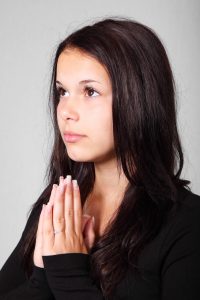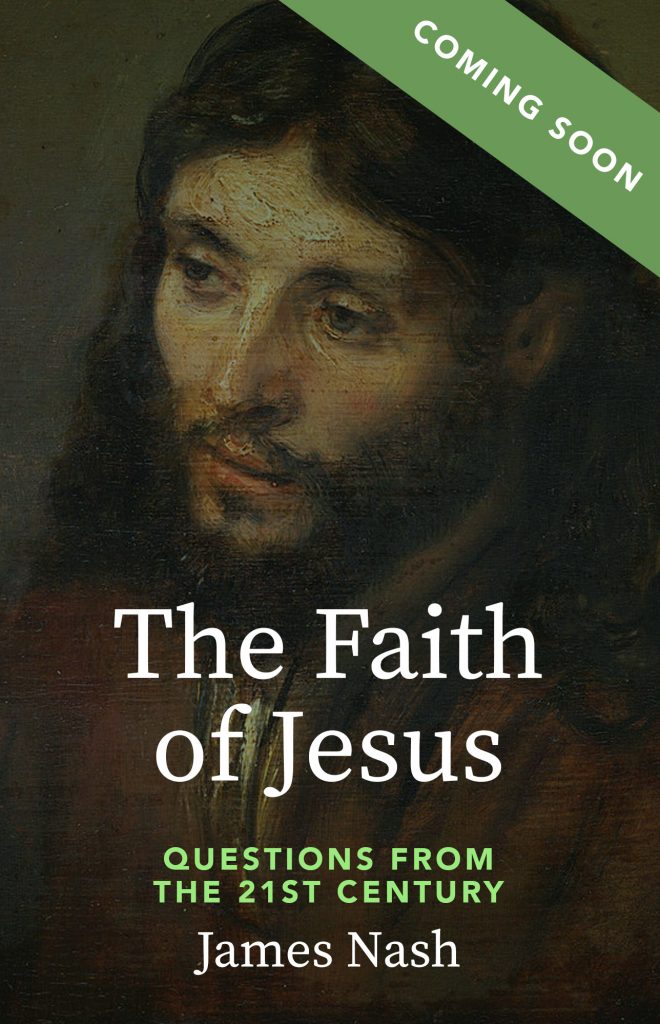16th Sunday Ordinary Time
Gen 18:1-10a
Col. 1:24-28
Luke 10:38-42
She’s In the Tent
In this week’s Old Testament lesson, Abraham’s divine guests ask him where his wife is. “She’s in the tent,” Abraham replies. In this example of Old Testament hospitality, Sarah, it appears, does not even show her face to the visiting men, nor does she speak with them, even though their primary message directly concerns her. Still, Sarah does show she can be assertive in other contexts. There certainly were some powerful women who displayed religious authority in the Old Testament, foremost among them perhaps, is Esther. The traditional Jewish prophet was male, however.
The picture changes in the New Testament, of course, where women are prominent among Jesus’ followers, and the first witnesses of the resurrection. Still, it would be an anachronistic mistake to expect our values of gender equality to be expressed in such a milieu. We can expect, rather, to see some sexism throughout the Bible. It is still with us today, after all.
It is no secret that Palestinian society in the first century was thoroughly imbued with a patriarchal subordination of women. We can see this in some of the religiously inspired books written just before Jesus’ lifetime, known as the Apocrypha. About two hundred years before Jesus was born, a scribe, probably from Jerusalem, by the name of “Jesus the son of Sirach,” wrote down the seasoned wisdom he had been accustomed to impart to his students orally. Scribes were professional teachers of the Old Testament law.
This book contains many beautiful passages, but it is marred at times by what to us appears to be shocking misogyny. For example, Sirach 42:14: “Better is the wickedness of a man than a woman who does good; and it is a woman who brings shame and disgrace.” This is not an isolated text. Elsewhere in Sirach (25:24-26) we read: “From a woman sin had its beginning, and because of her we all die. Allow no outlet to water, and no boldness of speech in an evil wife. If she does not go as you direct, separate her from yourself.”
Sexism remains a problem in our own world, but it was far worse in Jesus’ time and place. Women were usually not educated; they had little opportunity to live and work independently; they were under the authority of their father until marriage, and their husband thereafter. It would have been unthinkable for women to become rabbis, or to receive the kind of religious education necessary even to approach this kind of knowledge of Jewish law and theology. It is hard to image Sirach had any female students!
Mary, Martha and Jesus 
In our gospel story, it is taken for granted that women will be serving the men. We learn elsewhere, for example, that the sisters have a brother named Lazarus, whom Jesus will later raise from the dead. Where is he now that Martha needs help?
It is curious to me that Martha does not ask her sister directly to help in the kitchen, but rather confronts her guest, Jesus, with her problem. Is this an example of her deferring to a man? Maybe she had already asked her sister for help, but her sister ignored her. Or did Martha turn to Jesus because of the transcendent authority he carried with him throughout his ministry? It is impossible to say.
Perhaps the clearest example of sexism in this story is revealed by a woman. I refer to Martha’s insistence that Mary stop listening to Jesus and help serve the guests instead. Martha could have been thinking, “A woman’s place is in the kitchen. What is she doing listening to Jesus anyway!?” It is then, perhaps, a startling challenge to the sexist conventional assumption that women were not capable of serious religious education that Jesus affirmed Mary’s decision to listen to him.
This story was used throughout Christian tradition to support the superiority of the contemplative, monastic life over the active life in the secular world. Jesus’ judgment that Mary’s choice to listen to him was better than Martha’s kitchen service makes this an obvious scriptural proof text for that position. Whether this is a good use of scripture or not is too complicated question to explore here.
The Mary and Martha story does, however, offer clear biblical support for an idea that may not have been so obvious to some early and Medieval Christians. Jesus wants women to listen to him and learn from him, not only men. This was a departure from traditional male-centered Jewish practices surrounding religious education. This story is only in Luke, and Luke emphasizes the importance of Jesus’ female disciples repeatedly.
We can be grateful that, thanks at least in part to this beautiful story, the Christian Church has been blessed with many women contemplatives, saints and mystics throughout its two-thousand-year history.




Excellent post. I certainly love this website. Continue the good work!
Thanks for your blog, nice to read. Do not stop.
Mark, Thank you for your encouragement. I will be stopping in a way next week, though not really. My book, The Faith of Jesus begins with Year A which starts next Sunday. I will put some of what I have written in my book up on this blog, however.